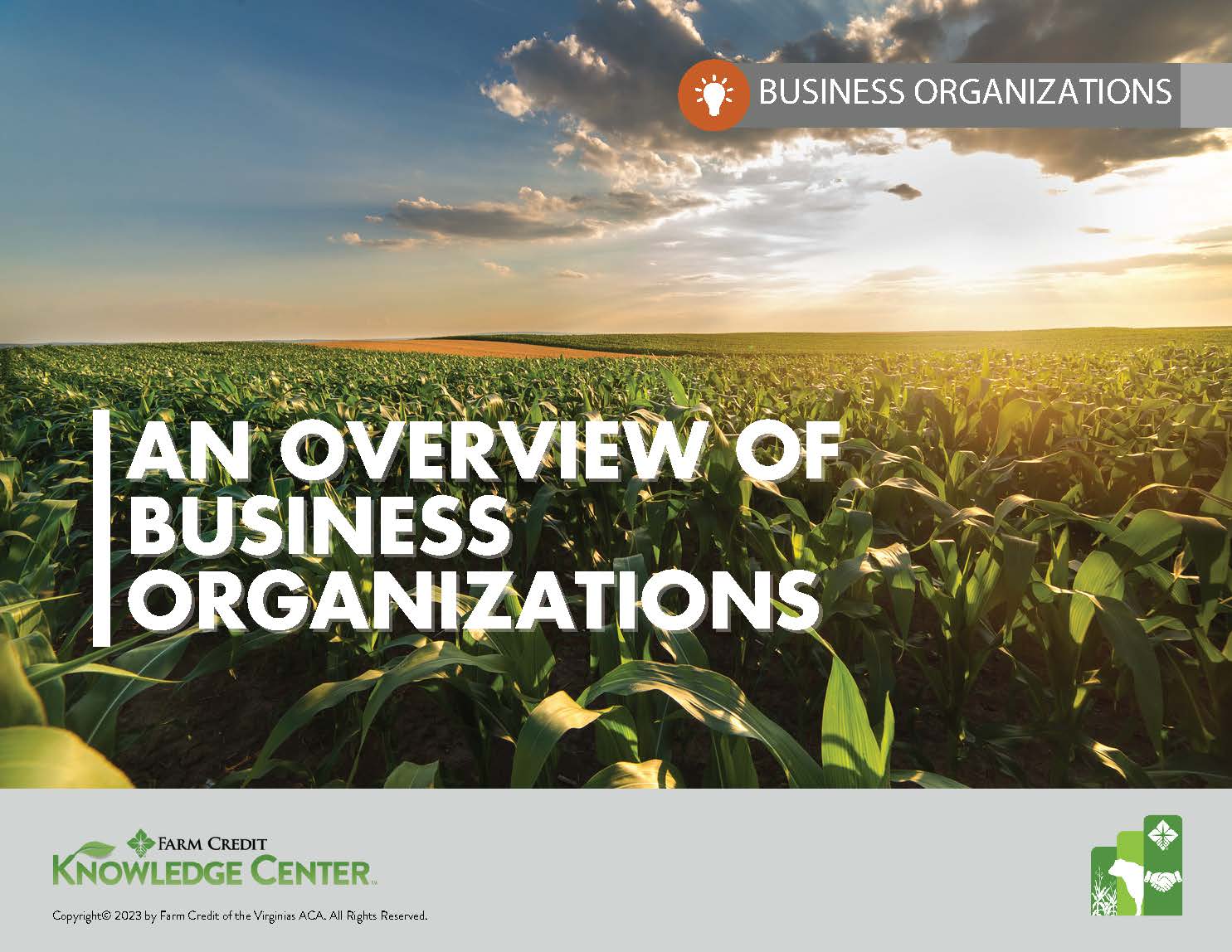Welcome to Session Two of the GROW Your Knowledge to GROW Your Farm series. This session focuses on the legal foundations that support and protect your agricultural operation.
What’s Included:
- Contracts & Lease Agreements
Understand the key components of agricultural contracts and leases to help you make informed decisions and safeguard your business. - Legal Considerations for Farmers
Explore essential legal topics relevant to farm operations, including liability, compliance and documentation.
This session is designed to help you navigate the legal landscape of agriculture with confidence.
Disclaimer:
This session content is for educational purposes only and does not contain legal advice, legal opinions or any other form of advice regarding any specific facts or circumstances. The educational content is not a substitute for obtaining legal advice from a qualified legal professional.
Presenter:

Jennifer S. Friedel's law practice focuses on agricultural law, natural resources, contracts, and estate and farm succession planning. She also serves as the Director of Virginia's Land Use-Value Assessment Program and is an Associate Professor of Practice in the Department of Agricultural and Applied Economics at Virginia Tech, teaching agricultural law and environmental law. Jennifer received her juris doctor from Appalachian School of Law, a Masters of Studies in Environmental Law from Vermont Law School with a concentration in land use, and a B.S. in Agricultural Science from the University of Tennessee. Jennifer is also co-owner and operator of her family's registered Angus operation in Bland, Virginia and Blountville, Tennessee.
Agriculture Law Basics
- Introduction
- Contracts
- Real Estate Tax
- Liability
- Business Entities
- Estate and Succession Planning
Additional Resources
- Farm Transition Planning vs. Estate Planning
Family farms are more than just businesses, they are legacies, lifestyles and often the heart of rural communities. As such, ensuring their continuity across generations requires thoughtful and strategic planning. Two key components of this process are farm transition planning and estate planning. While they are closely related and often overlap, they serve distinct purposes and are both critical to a successful generational handoff.
In this article, we’ll explore what each type of planning entails, how they differ and why both are essential to preserving the future of the farm.
- An Overview of Business Organizations
This guide provides an overview of the major types of business organizations available to small businesses.
The overview is not intended to be comprehensive and does not consider every type of business organization, nor does it comprehensively address the types of organizations listed. The author focuses on income tax considerations, liability issues and ease of business succession.
Note that each state has different rules and requirements. Different state income tax consequences may result in different states.
This guide serves as a starting point in discussing different options to organizing your business.
Download An Overview of Business Organizations

- Entity and Organizational Charts
Your farming operation, regardless of size, should be displayed using both an entity and organizational chart showing the hierarchical structure. The charts show the ownership structure and the relationships between employees in the farming operation. Entity and organizational charts are important for understanding the structure and dynamics of your business.
In this article, we'll explore the difference between the two, how they differ and why they are both essential to your farming operation.
- Long-term Care and the Farm-Ohio State Extension
*Note-This publication is specific to Ohio and differences in state laws will affect its application.
From Ohio State Extension: This publication aims to provide a basic explanation of Long-Term Care (LTC) issues and strategies that may minimize exposure to LTC risks. The publication is not a substitute for professional legal advice. Presenting every law and exception related to LTC planning is beyond the scope of this material, but the guide introduces concepts and strategies that can help a farmer begin a detailed discussion with professional advisors. LTC planning can be technical and complicated and should occur in conjunction with a careful review of an individual’s situation. Before taking any actions on LTC, consult with an attorney and other professional advisors experienced in LTC issues.
Disclaimer:
This session content is for educational purposes only and does not contain legal advice, legal opinions or any other form of advice regarding any specific facts or circumstances. The educational content is not a substitute for obtaining legal advice from a qualified legal professional.
IMPORTANT NOTICE AND DISCLAIMER
These materials are provided for educational and informational purposes only and do not constitute legal, financial, tax, or investment advice on any matter. We do not warrant that the materials provided are current and up-to-date with applicable laws and practices. You should not act or refrain from acting based on these materials or the information they contain without seeking legal advice from an attorney licensed in your jurisdiction or other appropriate professional. To the fullest extent provided by law, Farm Credit of the Virginias, ACA will not be liable for any loss or damage caused by your reliance on these materials or any information contained in these materials. Your use of the materials is at your own risk, and by accessing the materials, you hereby waive and hold harmless Farm Credit of the Virginias from any claims resulting therefrom.
Copyright© 2025 by Farm Credit of the Virginias ACA. All Rights Reserved. No portion of these materials may be copied, modified, distributed, transmitted, or publicly displayed without prior written permission of Farm Credit of the Virginias, ACA.